ap lit vocab 3
1/19
Earn XP
Description and Tags
Name | Mastery | Learn | Test | Matching | Spaced | Call with Kai |
|---|
No analytics yet
Send a link to your students to track their progress
20 Terms
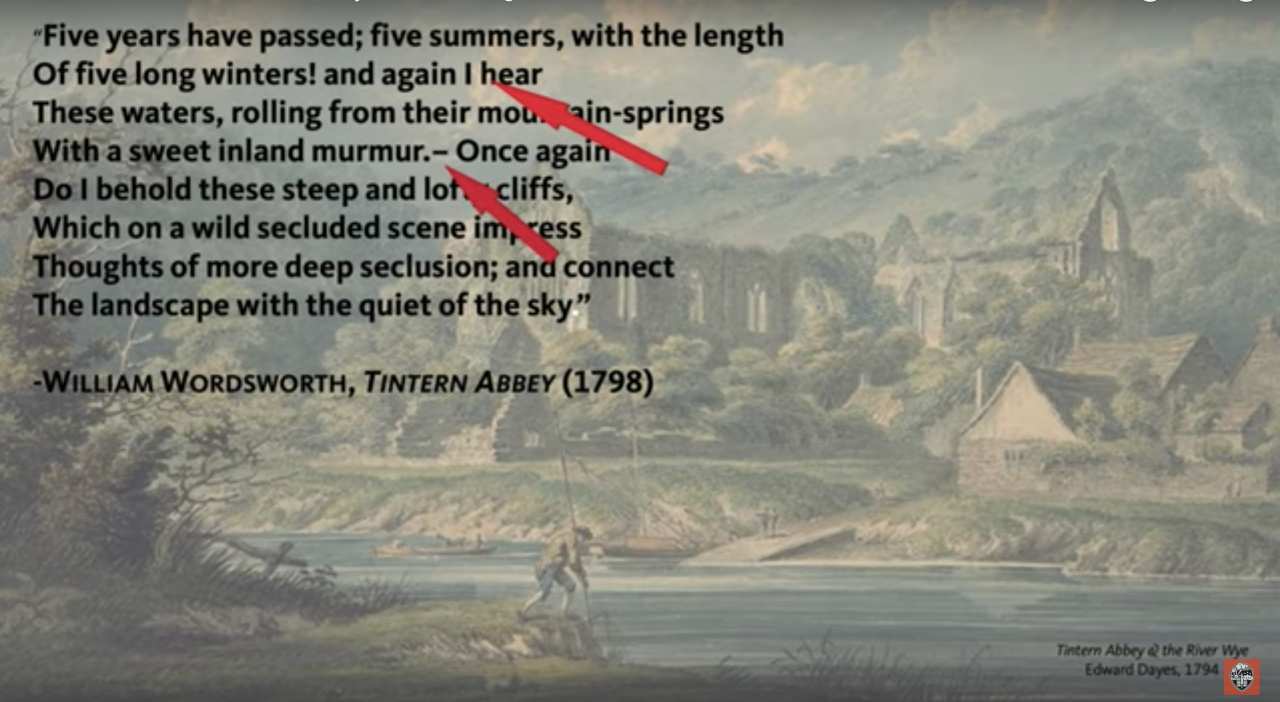
blank verse
refers to poetry written in unrhymed but metered lines, almost always iambic pentameter.
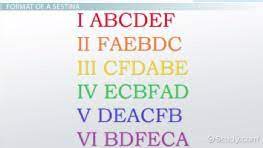
closed form
in this poetry the poet follows a set pattern
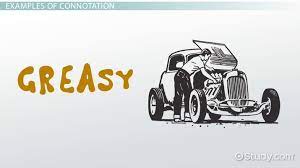
connotation
the associations and emotional overtones that have become attached to a word or phrase
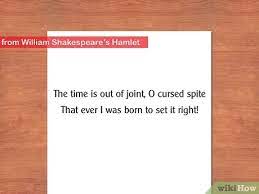
couplet
type of poem or part of a poem that uses two lines to express an idea
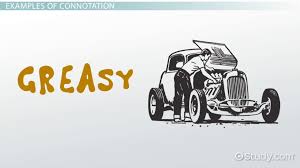
denotation
the literal meaning of a word
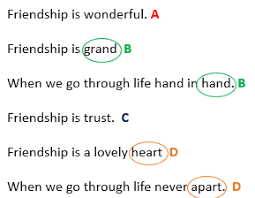
free verse
a form of poetry that does not utilize regular patterns of rhyme, rhythm, or meter
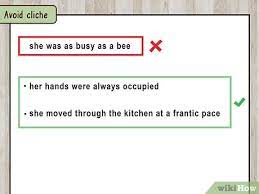
heroic couplet
a set of two lines that rhyme and that is written in iambic pentameter. This means that the lines contain ten syllables each.
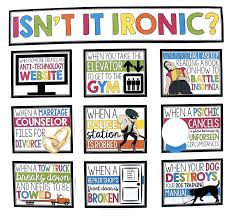
irony
a situation in which there is a contrast between expectation and reality.
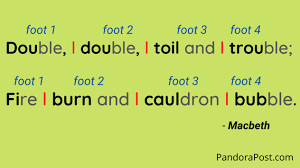
meter
the systematic arrangement of language in a series of rhythmic movements involving stressed and unstressed syllables
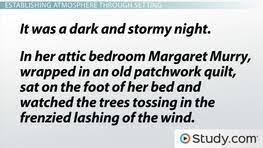
mood
the overall emotion and atmosphere the author intends the reader to feel while reading the book
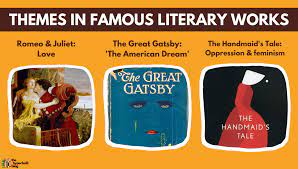
motif
a recurring story element with symbolic significance
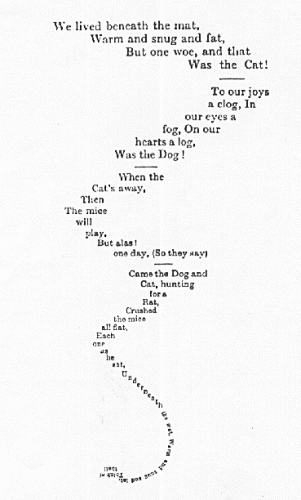
open form
the poet did not use a rhyme scheme or metrical pattern
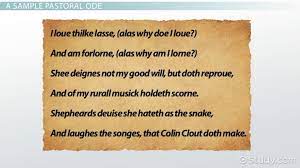
pastoral
a work of literature that focuses on the relationship between humanity and nature in a rural environment
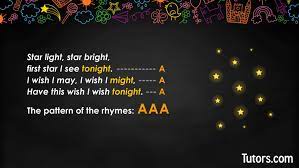
rhyme scheme
a poet's deliberate pattern of lines that rhyme with other lines in a poem or a stanza
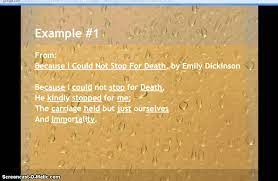
rhythm
the recurring pattern of stressed and unstressed syllables in the flow of language in a literary work, particularly verse.
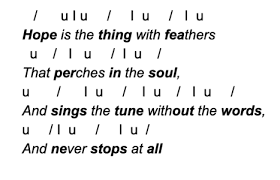
scan
a way of listening extremely closely to a poem's rhythm and marking what we hear.
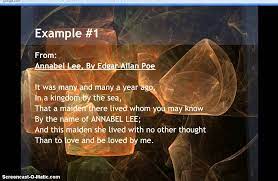
speaker
the voice of the poem, similar to a narrator in fiction
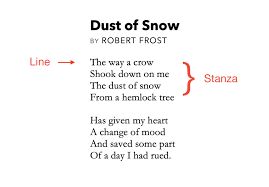
stanza
a division of a poem consisting of two or more lines arranged together as a unit.
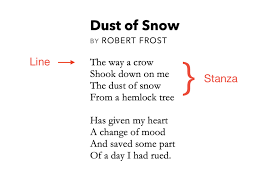
syntax
refers to the set of rules that determines the arrangement of words in a sentence.
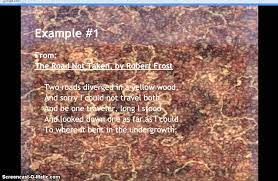
tone
a literary device that conveys the author's attitude toward the subject, speaker, or audience of a poem